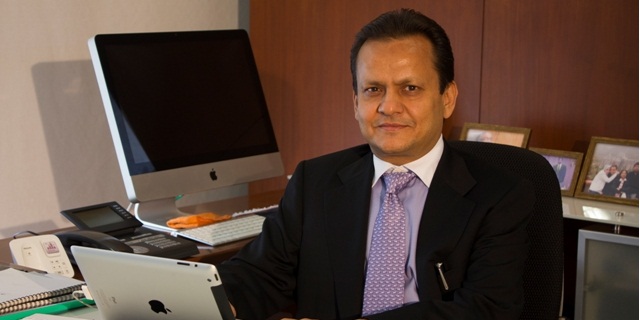Main header for views section

I am also conscious of the fact that a large number of developers are hoping against the hope that once the tide is over and investors return to the market their ordeal would be over. I may sound to be disappointing gentlemen but the era of investor driven real estate business is over.








